
I'm a social anthropologist with training in cultural primatology. I work with humans, chimpanzees, and bonobos to understand how different species communicate with each other and how they learn from each other. Can a human "learn chimp," can a chimp "learn human"? Spoiler: yes, but how? Over the past years I've also obsessed about applying business concepts to academia and vice-versa. I'm a certified academic ambassador for industry engagement and I help PhD students and research labs/teams gain visibility through branding strategies and academic entrepreneurship. I run the Academic Branding Academy.
In a nutshell
I'm a Scholar, Business Founder,
Primate Anthrozoologist, &
Academic Ambassador
for Industry Engagement
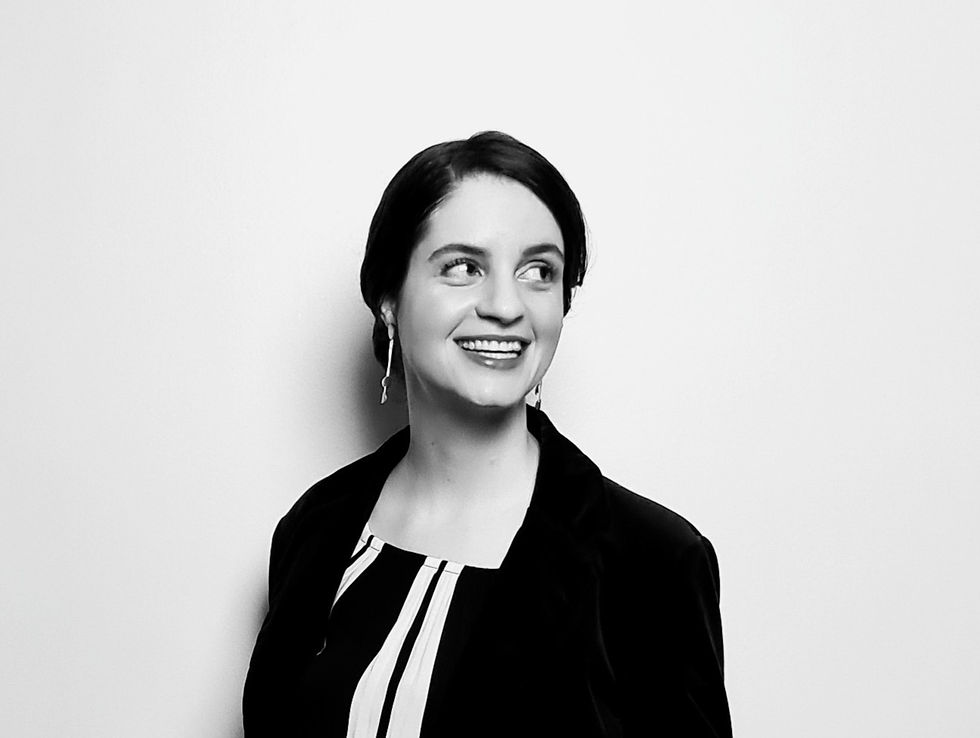
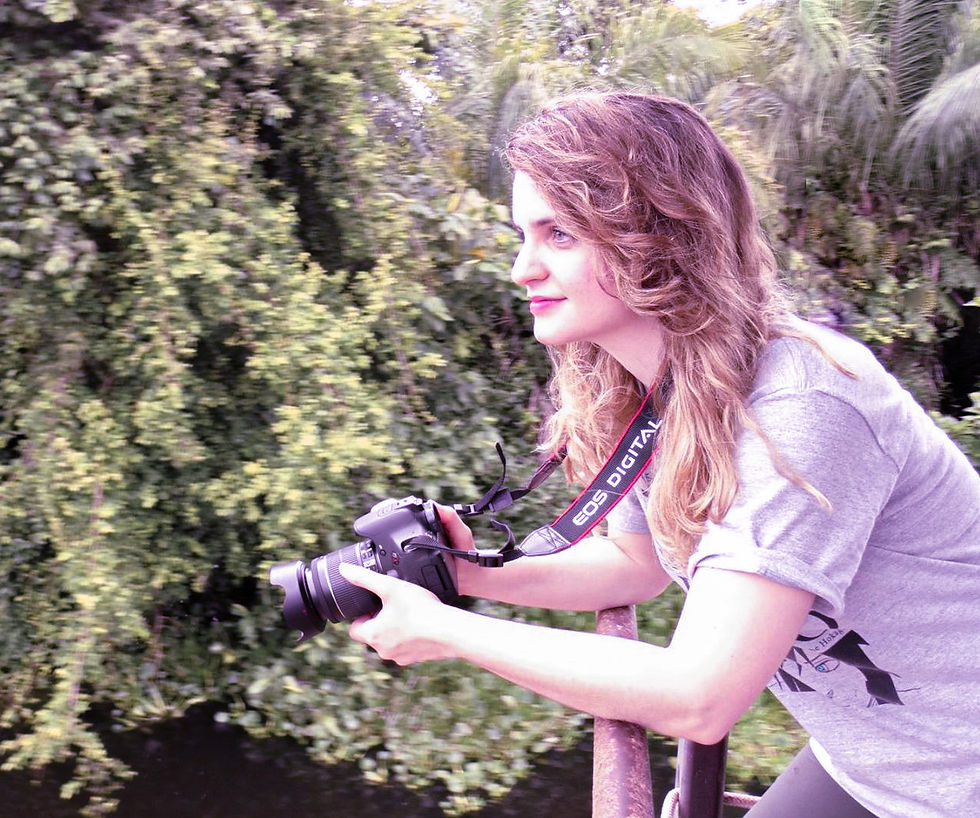
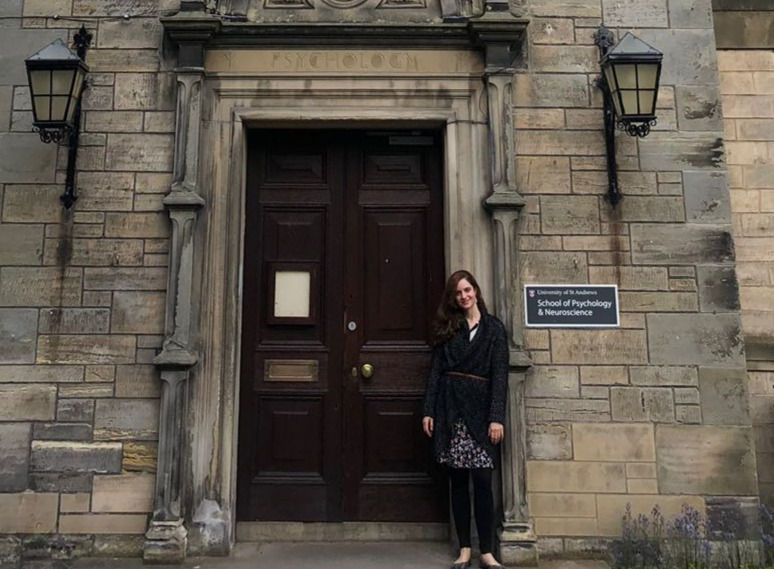

I'm 37 and I was born and raised in Rio de Janeiro in a multicultural family, with part of my family being from the US. I spent most of my grown-up years studying abroad and doing research in Europe, Americas, Asia, and Africa. BUT.... it was not all chic and luxurious as most people imagine! I've held scholarships during most of my academic path. I overcame many difficulties and had to work really hard (and smart) to become the researcher, the entrepreneur,
and above all, the person I wanted to be.
Now, I hope to lift people up in their path.
-
Events & Presentationsjajajja
-
Languages & Animal CommunicationHUMAN LANGUAGES BRAZILIAN PORTUGUESE Native Speaker ENGLISH Fluent FRENCH Fluent GERMAN Intermediate ITALIAN Intermediate JAPANESE Intermediate (listening) | Basic DANISH Basic (reading) SPANISH Fluent (listening & reading) NON HUMAN ANIMAL COMMUNICATION Operational understanding CHIMPANZEE (Pan troglodytes) 14 months experience BONOBO (Pan paniscus) 2 months CAPUCHIN MONKEY (Sapajus spp) Beginner KYOTO UNIVERSITY ARTIFICIAL LANGUAGE 14 months YERKISH ARTIFICIAL LANGUAGE 2 months OTHER HUMAN LANGUAGES OF INTEREST I took courses/private lessons to understand the linguistic structures of these languages but I don't speak them ;) CLASSICAL GREEK MANDARIN BRAZILIAN TUPI GUARANI NHANDEVA AMERICAN SIGN LANGUAGE JAPANESE SIGN LANGUAGE
-
Current Positions & SocietiesAcademic Ambassador for Industry Engagement Scottish Universities Life Sciences Alliance (U.K.) Awardee - 2022 Academic Branding Academy LLC (U.S.) Founder and Academic Branding Specialist University of St Andrews (U.K.) Visiting Scholar Ergonpin (BR) Business strategy & finances Wild Minds Lab (U.K.) | Member Anthropology of Life Team (France) | Member Primatology & Wildlife Sciences Program (Japan) | International Collaborator American Anthropological Association (AAA) International Society for Anthrozoology (ISAZ) International Primatological Society (IPS) Animals & Society
-
DistinctionsACADEMIC 2019 | International PSL Dissertation Prize | Honorable mention Category Science-Humanities Interface (France) 2015 | Interviewed by Radio France as young talent La langue des singes (the language of apes) 2005 | Brazilian Center for Research in Physics Mentee of the astrophysicist Luiz Alberto Oliveira Concluded as a junior talent (A+) Univ. level seminars History & Philosophy of Science I & II 2001 | Obtained the title "Human Rights Defender" FASE NGO, Rio de Janeiro, Brazil| junior talent Trained in human rights Specialty: Child exploitation prevention and awareness PUBLIC RELATIONS 2016 | Diplomatic meeting with Japanese ambassador in the Republic of Guinea Accompanied Japanese & Guinean researchers in official meeting to discuss research cooperation 2014 | Diplomatic meeting with the French minister Represented France-based researchers in diplomatic event in Japan Policy meeting to assess international research collaboration with the French minister Laurent Fabius, ambassador Thierry Dana, and the president of Kyoto University 2008 | Honorable mention Model United Nations Delegate (university-level) in the academic simulation of the UN Security Council Estácio de Sá University, Rio de Janeiro 2003 | Honorable mention Model United Nations Delegate (junior level) in the UN Security Council Simulation Estácio de Sá University, Rio de Janeiro
-
Technical SkillsSOFTWARES Cybertracker (Behavior Coding) SPSS (Statistics) NVivo (Qualitative Research) Kaleidoscope (Bioacoustics) FIELDWORK IN THE WILD Rock Climbing Certified by the Brazilian Mountain Club (CEB) 1692 meters (National Park of Serra dos Orgãos, Brazil) Environmental Sampling Bioconservation Training (Brazil) CAPTIVE HUSBANDRY Husbandry and Experiments on Primates Kyoto University, Primate Research Institute License 2015-2017 (Nr: GN 14095) (Japan) Safety Training for chimpanzee escape Kyoto University, Primate Research Institute 2015 (Japan) Wild Animal Husbandry: Enclosure Planing & Welfare Bioconservation 2022 (Brazil) VISUAL METHODS Photography Brazilian Association of Photography Contemporary Photography Space (Brazil) Videoethnography École Supérieure des Hautes Études en Sciences Sociales (France)
-
Formal Education & TrainingALMAE MATRES École Normale Supérieure (ENS) | France Ph.D. Social Anthropology Bielefeld University & ENS | Germany-France M.A. History, Philosophy & Sociology of Science Federal University of Rio de Janeiro | Brazil B.A. Social Sciences TRAINING Wildlife Acoustics | Online Bioacoustics University of Kyoto | Japan Cognitive Sciences, Experiments & Primatology Harvard University | United States Quantitative Methods Bossou Forest Station | The Republic of Guinea Fieldwork in the Wild University of South Carolina | United States Dimensions of Measurement National Research Council | Italy Innovation in Science University of Copenhagen | Denmark Political studies & Genocide Prevention Scottish Universities Life Sciences Alliance | United Kingdom Academic Entrepreneurship
-
Sciences BackgroundEnter your answer here
-
Arts BackgroundEnter your answer here
-
Business BackgroundEnter your answer here
-
Social Sciences BackgroundEnter your answer here
-
Philosophy BackgroundEnter your answer here

My love story with research
Human cultural diversity
My love for research was set in stone when I was fourteen and decided between becoming a cellist or a researcher. ELABORATE ON CALLING | SCIENTIFIC INITIATION
I started off my journey at the Federal University of Rio de Janeiro, in social sciences, somehow fascinated about human cultural diversity. A little later I flew to Denmark for a 1 year exchange at the University of Copenhagen, where I specialized in genocide studies (why would we brutally kill off this diversity?!). I finished up my bachelor focusing on anthropological methodology (how is our know-how in dialogue with disciplines?).

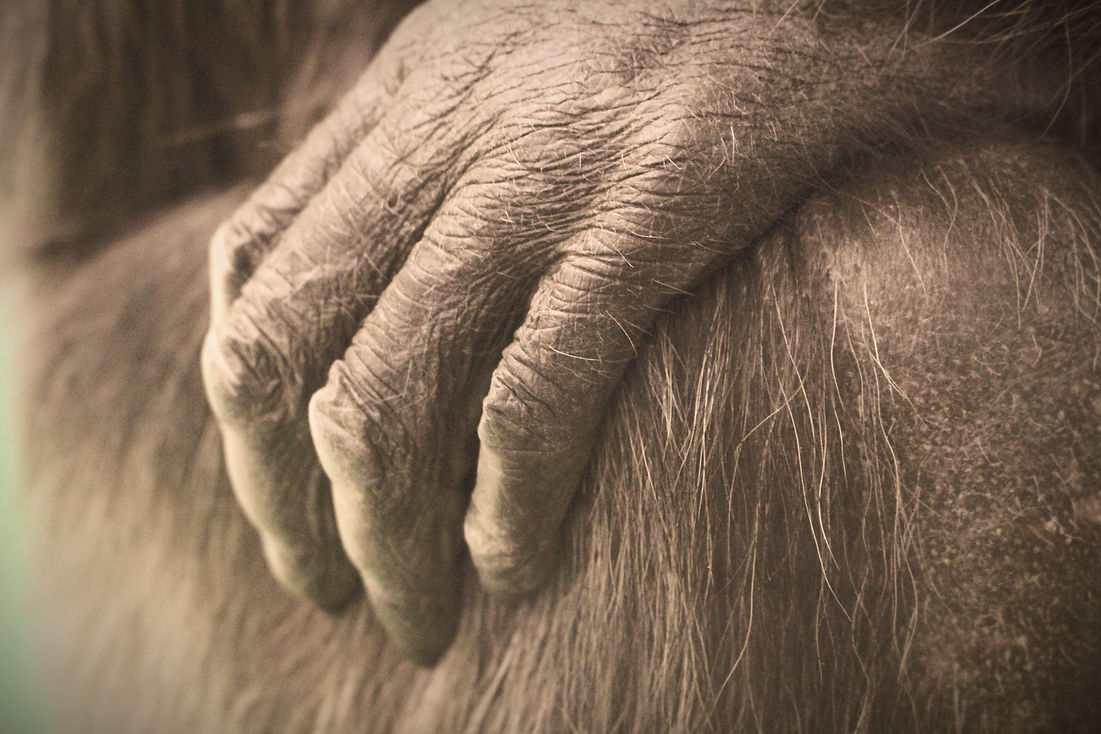

Wait, primate have cultures too?
And how do we know it?
After that, I decided to study history, philosophy, and sociology of science. I was drawn to better understand how we produce scientific knowledge and how our worldview, place, and time impact that knowledge. So I jumped into an amazing binational Master program, dividing my time between Germany and France, at Bielefeld University & École Normale Supérieure. In the middle of it I even got to do a research internship in Rome in the field of processes of innovation at the Italian Nacional Research Council. A little before that, I had seen a presentation about culture in primates, and I thought - Wait, weren't humans the only ones to "have" culture? And so I spent the rest of my Master tackling how primatologists understood and conceptualized primate cultures, more specifically, capuchin monkeys' traditions.
PhD Application - learning what was meanigful
Well, with all that in mind, I became increasingly interested in chimpanzee cultures and non Western primatology, more specifically, Japanese primatology given that they pioneered cultural primatology. After reading and hearing about how chimpanzees and humans interacted in a Japanese non-invasive laboratory, I knew I would love to do ethnographic work there. But it made more sense to me to approach the topic in terms of an anthropology of nature, which focuses on human relations to the natural and animal world in a comparative perspective. And so, I applied to do my PhD with Philippe Descola and hoped for the best. Plus, even though I wanted to be a sociocultural anthropologist in the end, I felt that the philosophical perspective would push my work further. In that case, it would make sense to have philosophy as my adjacent discipline. Considering the concept of hybrid communities was powerful to understand my future topic, Dominique Lestel became my co-advisor. I also needed the approval of the laboratory in Japan where I would do my fieldwork (yes, fieldwork in the lab!). Luckily, it turned out well - three times - and everybody was interested. Within my affiliation options, I chose to be once again a student at École Normale Supérieure and was very grateful to become a member of the Laboratory of Social Anthropology at Collège de France, which was originally founded by Lévi-Strauss.
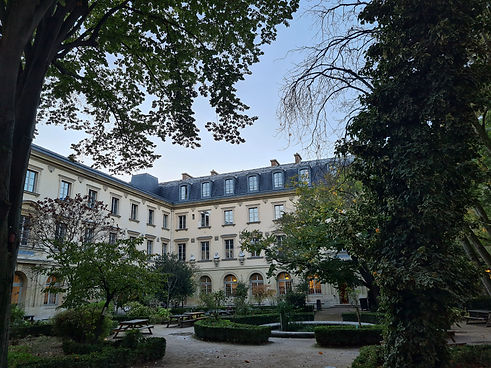
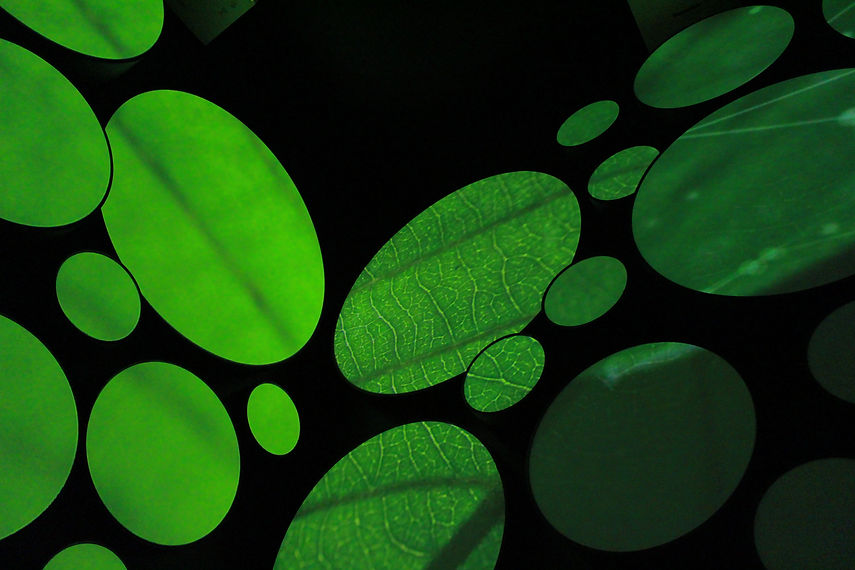

PhD Funding - Facing reality
The issue was... I had no money. There were only very few grants for which I could apply. At least with these grants I could start right after my Master. Except that... I was told there were "marked cards," in other words, everybody knew non-favorite candidates did not stand a chance. Because the stipendium was also very precarious, I decided not to apply. Instead, I applied for a major but competitive scholarship in Brazil to do my full PhD abroad (CAPES, Brazilian Ministry of Education). For that, I had to wait one year between my Master and PhD, but this time allowed me to begin preparing. I couldn't believe when I was accepted. Many tears of joy!
Hopping in
The know what & know how
In 2013 I started off my PhD attending classes in Paris at École Normale Supérieure, and its affiliated centers and partner universities. My first year was intense; since my research was interdisciplinary, I had to continue my personal "mission" to cover my own discipline and other disciplines in dialogue. Coming originally from social anthropology, the most difficult part for me was learning the methods commonly used in primatology and statistical analyses. That proved to be a long process. But already in that year I had the feeling I needed a boot camp of a sort in those areas if I was going to make it. It's just that... I couldn't find any available in Paris. After some digging, I enrolled in an intense program during the summer and flew to take courses in the US, at Harvard University. It was a great experience. By September that year all my documents from Japan had arrived with a beautiful ancient seal from Kyoto University. It was time to put to use my broken Japanese...
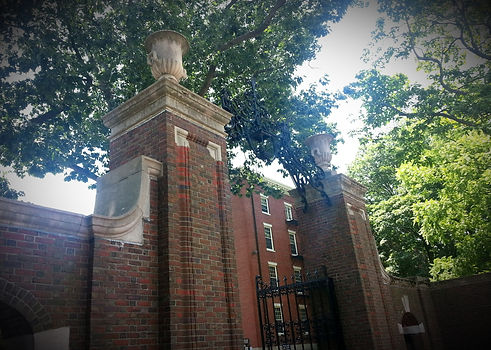
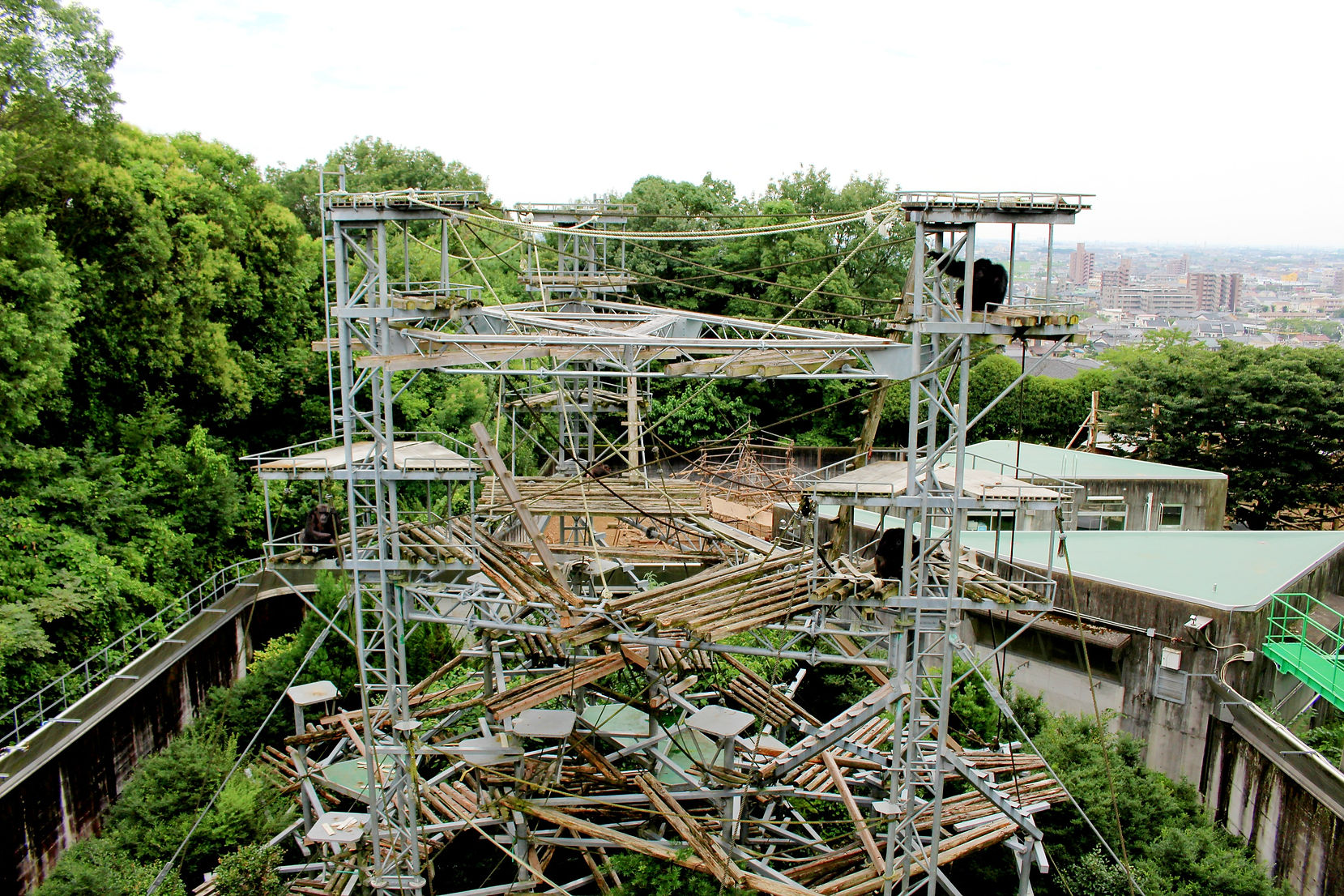

Fieldwork in Japan
Discovering a whole new world
In October 2014 I set foot in the small town of Inuyama, where the Primate Research Institute of Kyoto University is located (aka PRI). I was welcomed into the legendary lab of Tetsuro Matsuzawa and it was during my 14 months in Japan that I really discovered the fascinating world of primates and human-primate relations. In PRI, chimpanzees live outdoors and come to participate in a non-invasive experiments such as computer tasks or object exchanges. They are called in by their names and they may choose whether they want to come to the laboratory or not; there is no punishment for non participation. There, the relationship between species is a vital part of the research philosophy. To my surprise while I was doing my ethnography, I received an invitation to design and conduct an experiment to assess the building blocks of categorization and action. This would be a great way to understand how these scientists and chimps interacted. On top of that, the topic sounded very interesting to me, that is, the "grammar of action" in object & color categorization. But, of course, it was not that easy. I had to be trained in non-invasive experiments with primates, become certified, and the trickiest... I had to get the chimps' acceptance as someone worthy of being their experimenter - I kid you not. And no, this is not anthropomorphism, it's a real interspecies social phenomenon that I never thought I'd have to face as an ethnographer. In the end, I became both an ethnographer and experimenter in the same laboratory. This interspecies experience changed my life.
Going wild - Chimps, researchers, & locals in Africa
I spent 2015 in Japan but in 2016, my third year, I was back to Paris and buried in data. Especially because I worked with audiovisual material during fieldwork which was great but so time consuming. Unfortunately my scholarship, one of the few OK ones in the market, did not cover the money to hire an assistant... I was all by myself. Another problem was showing - I felt the need for a short-term but multi-sited perspective in the wild so I could disentangle important points in my thesis. Granted, I had visited several different research locations in Japan, which were home to different species, including "wild" areas for Japanese macaques. But I was still missing the human-chimpanzee perspective in the wild... And I knew well where I wanted to go - to the Republic of Guinea, in the village of Bossou where Matsuzawa and colleagues managed a research station. In Bossou, the chimpanzees survived because the local Manon people interdict hunting as they consider these chimps to be their totem and the protectors of their ancestors. Somehow, I managed to beat the God of Deadlines, get additional funding and go in time to accompany Japanese researchers to the field station. When we arrived in Conakry, we got the approval from their equivalent National Science Foundation (DNRST) and crossed 922 km/573 miles or the entire Guinea... by taxi. My stay was short but memorable and highly valuable. I don't regret the challenge!

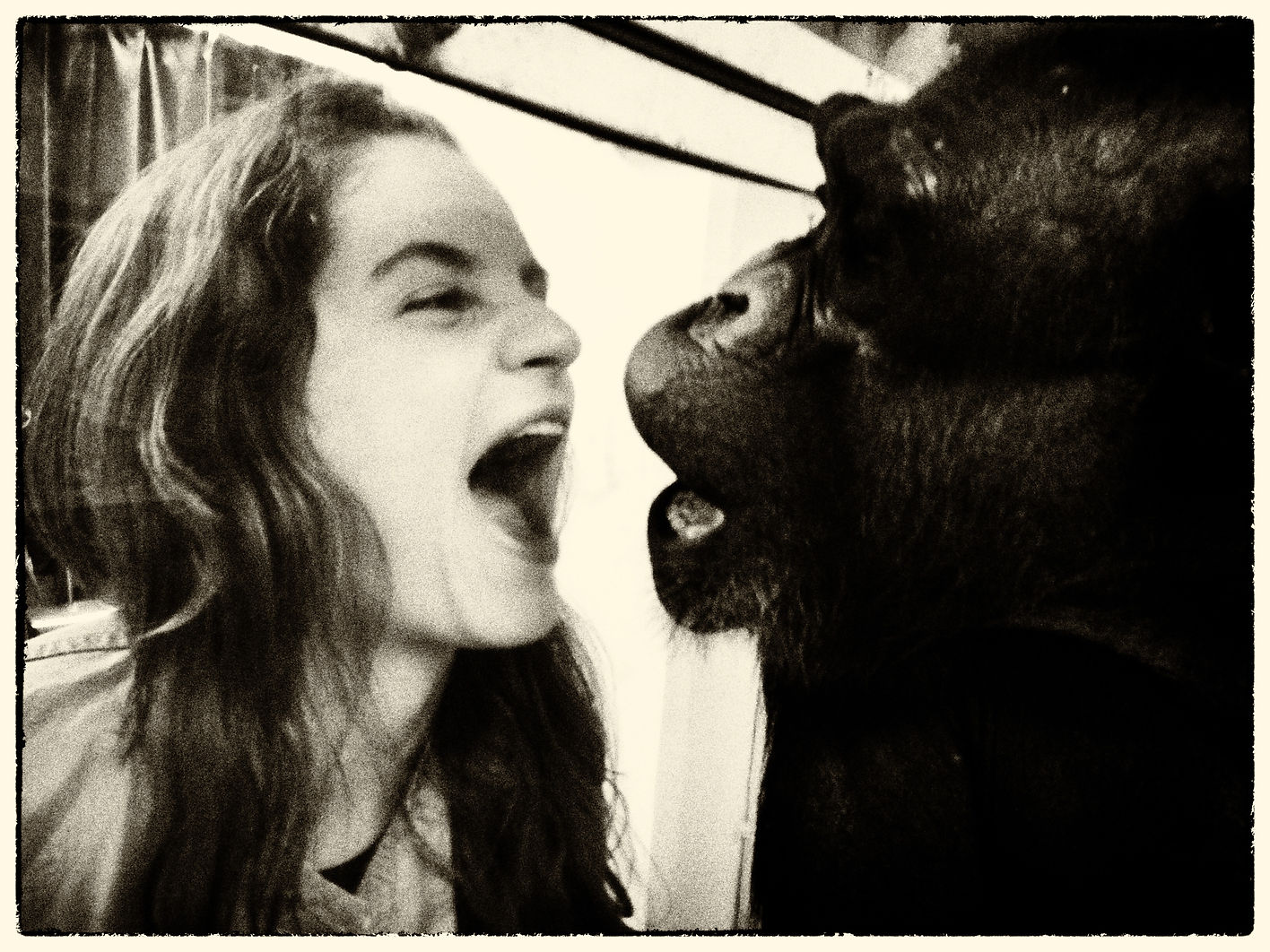
Touched by chimpanzees' lives
"This was the day I first met chimpanzee Ai. From that day on she completely changed my life. We would work together for more than a year. She was so kind and so generous to me, as she noticed I was a novice in the trade of observing chimpanzees and studying their intelligence. She "explained" herself to me several times with patience but with the assertiveness of the real leader she is. Sometimes, during the voluntary experiment I invited her to participate in, she would get annoyed if I didn't perform my best as a researcher, but would treat me with the same respect as always (except for this once when she got really mad at me for breaking "rules" I was not aware of...). Above all, Ai knows how to read into humans without losing her chimp-side. My encounter with chimpanzees, my encounter with Ai, left me with a profound sense that someone was reading my soul. A person, a non-human person with an intelligent, profound mind which happened to belong to a different species. In my last day with her, I cried heavy tears of longing. Chimpanzees don't cry, could they understand human tears? She looked into my eyes, clearly puzzled but, perhaps, slightly moved. Ever since, I knew I had a mission to help other humans understand and be touched by great apes' mind. And I hope more people learn to love and protect their fading lives."

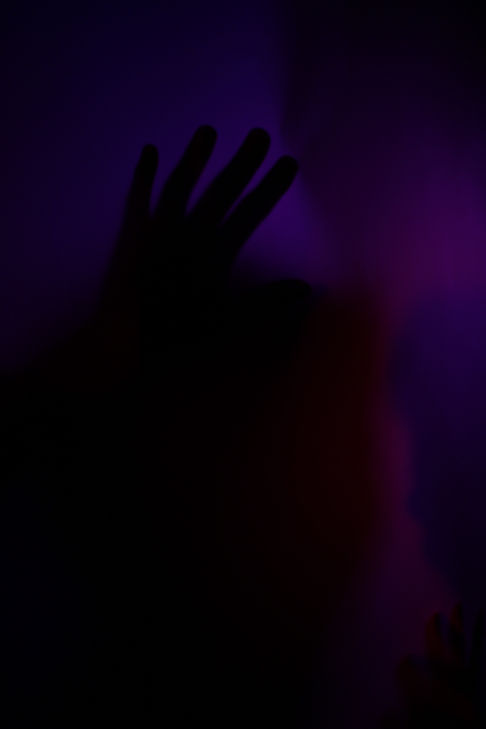
Writing up - Bringing disciplines together
After Guinea, that is, mid-2016 I resumed my mad data analysis mode. This is something I can't advise students because finishing my thesis was not a very healthy process. In my defense, many non academic problems started to happen. These made me be a firm believer in Murphy's Law - "Anything that can go wrong will go wrong." I had a crazy landlord break in my home while I was sleeping, two computers broken, administrators mixed up my university and diploma, personal losses, medical issues... Yet, this experience helped me to always prepare for the apocalypse but hope for the best. On top of that, I was dealing with the intellectually challenging issue of integrating qualitative and quantitative analyses and all the political issues that unrightfully arise from that. My recipe for success was having taken courses on productivity & time management, but most importantly - bouddhist meditation, Gestalt therapy, and remembering that I've wanted to be a research doctor for more than half of my life. That was it for my 2017. When I delivered the hard copy of my 400+ page thesis to my school's office I looked like a zombie but I was the world's happiest zombie. Phew...
Defending & Beyond
Well, the administrative procedures ended up taking up quite some time but my viva, or better thesis defense, was scheduled for January 2018. On the 10th, I defended my thesis at Collège de France and I was grateful to count on a top-notch interdisciplinary committee or jury as they say in French. Philippe Descola, bringing anthropology of nature and his great intellectual generosity, had been my advisor while Dominique Lestel had covered the field of philosophy of animality. Bill McGrew was there for cultural primatology and Bruno Latour for science & technology studies. Vinciane Despret championed philosophy of animal experiments and Sophie Houdart; Japanology and the anthropology of Japanese laboratories. Lucky! The jury was international and so was the viva, in two languages. On that same month I was welcomed by Cat Hobaiter in the Wild Minds Lab in the UK (more on that story soon!). In 2019, I was honored to receive honorable mention in the international PSL Dissertation Prize in the category Science-Humanities Interface. Tune in here to know my research updates!

Difficult Times
XXXXXXXXX
XXXXXXXXXXXX


PostDoc Field Work
XXXXXXXXXXXXXXXXXXX

Reinventing Myself
XXXXXXXXXXXXXXXXXXX
.png)